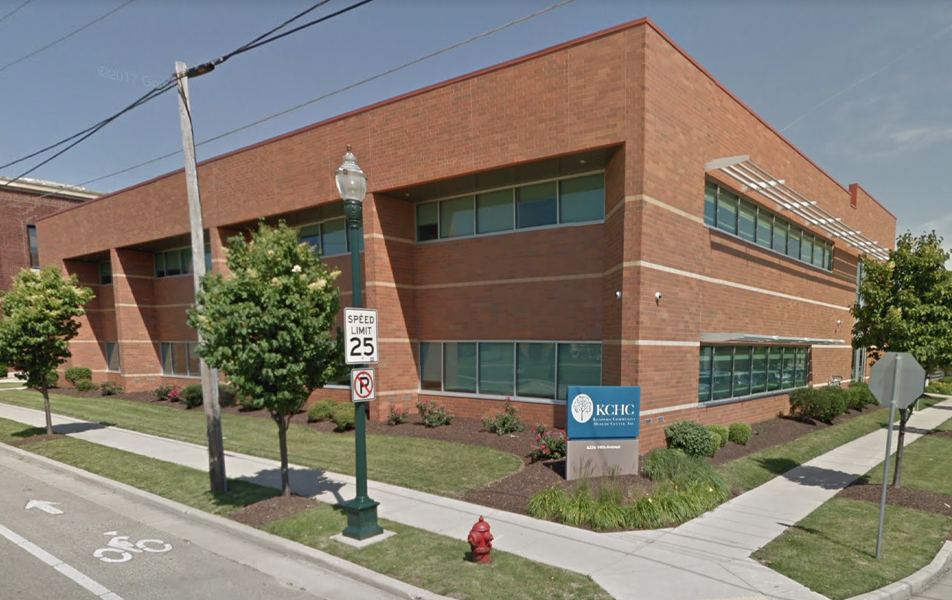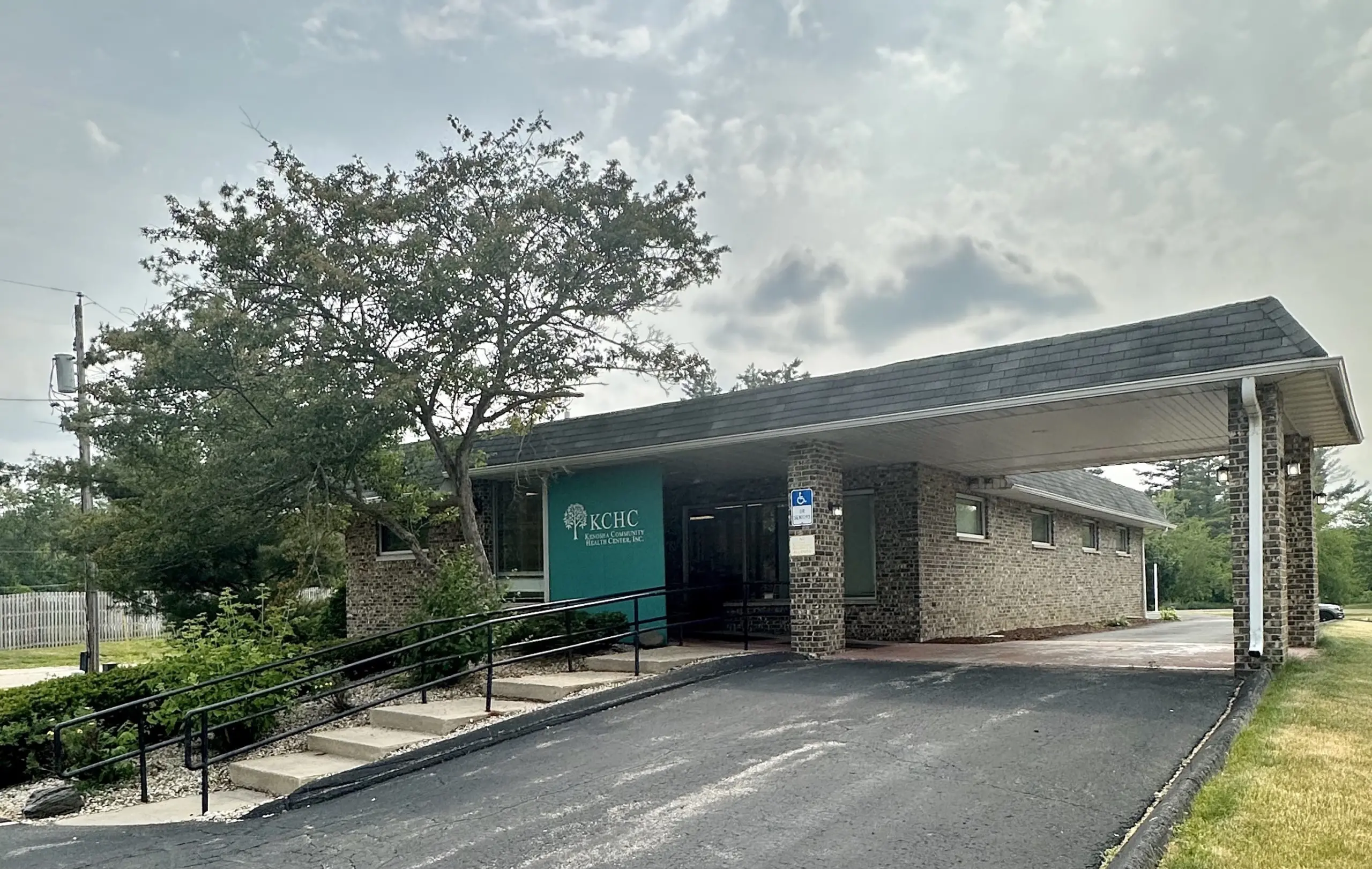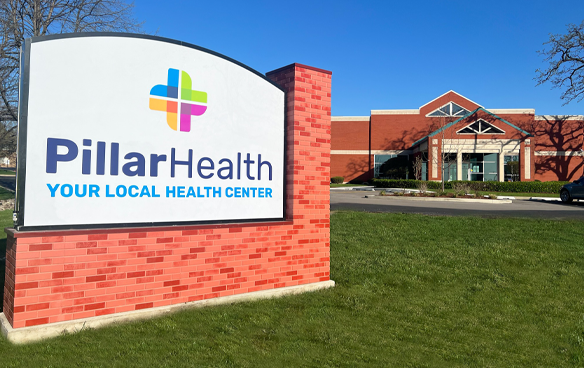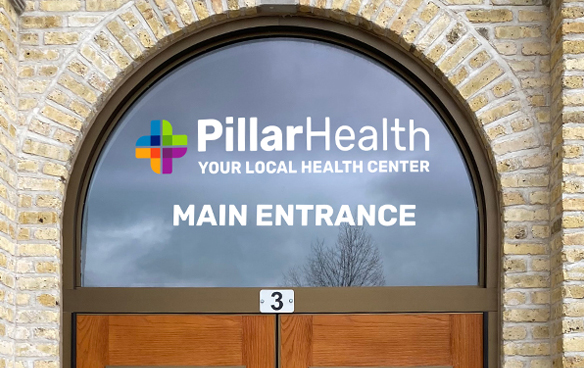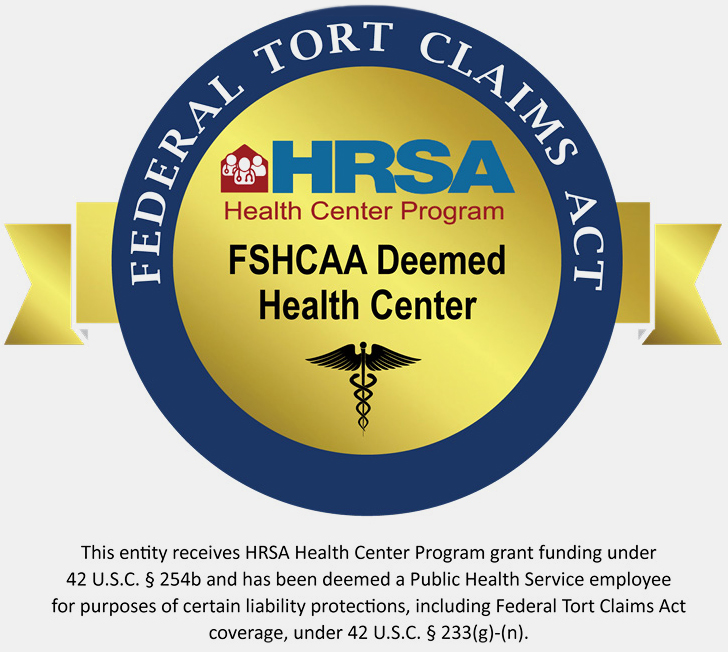
Todo el mundo está enfermo ¿Qué puedo hacer para mantenerme sano?
Parece que en cualquier lugar del sureste de Wisconsin hay alguien tosiendo o estornudando. Con la propagación del VRS, la gripe, y el norovirus es más importante que nunca protegerse a sí mismo y a su familia.
Aqui tienes algunos consejos para protegerte y proteger a los tuyos de estas enfermedades:
- Lávate las manos a menudo: Utiliza agua y jabón durante al menos 20 segundos. Lavarse las manos es una de las mejores formas de detener la propagación de virus.
- Limpie las superficies: Desinfecte las zonas más sensibles al tacto, como pomos de puertas, teléfonos y mostradores.
- Ponte mascarilla en lugares concurridos: El uso de mascarillas puede ayudar a reducir la exposición a los virus transmitidos por el aire, tanto para usted como para los demás.
- Evite las aglomeraciones cuando sea posible: Manténgase alejado de las zonas concurridas, especialmente durante las temporadas de mayor incidencia de virus.
- Vacúnate:
- Vacuna antigripal: Protege contra la gripe.
- Vacuna VRS: Disponible para adultos mayores y mujeres embarazadas.
- Refuerzo COVID: Mantente protegido contra COVID-19.
- Quédese en casa: Si no se encuentra bien, evite molestar a sus amigos y compañeros de trabajo quedándose en casa hasta que se sienta mejor.
Veamos qué son estas enfermedades, cómo detectar sus síntomas y cuándo acudir al médico.
VRS (virus respiratorio sincitial)
El VRS es un virus común que suele causar síntomas similares a los del resfriado. Aunque es leve para la mayoría de las personas, puede provocar problemas respiratorios graves, sobre todo en lactantes, ancianos y personas con el sistema inmunitario debilitado.
Síntomas:
- Goteo nasal
- Tos
- Estornudos
- Fiebre
- Sibilancias o dificultad para respirar (en casos graves)
Tratamiento: No hay cura para el VRS; el virus necesita seguir su curso. La mayoría de las personas se recuperan con reposo, líquidos y medicamentos de venta libre para tratar síntomas como la fiebre o el malestar. Los casos graves pueden requerir atención médica u hospitalización para asistencia respiratoria.
Cuándo acudir al médico: Acude al médico si notas dificultad respiratoria grave, sibilancias o síntomas que empeoran en lugar de mejorar.
Gripe (Influenza)
La gripe es un virus contagioso que afecta a la nariz, la garganta y los pulmones. Puede ir de leve a grave y es más peligrosa para los niños pequeños, los ancianos y las personas con enfermedades crónicas.
Síntomas:
- Fiebre alta
- Dolores musculares
- Fatiga
- Tos o dolor de garganta
- Dolor de cabeza
Tratamiento: La mayoría de los casos de gripe pueden tratarse con reposo, líquidos y medicamentos de venta libre para reducir la fiebre y las molestias. Pueden recetarse medicamentos antivirales, como Tamiflu, para acortar la enfermedad si se toman a tiempo.
Cuándo acudir al médico: Busque atención médica si los síntomas incluyen fiebre alta persistente, dolor en el pecho, confusión o dificultad para respirar.
Norovirus
El norovirus es un virus estomacal que se propaga fácilmente y provoca vómitos y diarrea. A menudo llamado "gripe estomacal", no está relacionado con el virus de la gripe, pero puede propagarse rápidamente en escuelas, lugares de trabajo y hogares.
Síntomas:
- Náuseas
- Vómitos
- Diarrea
- Dolor de estómago
- Fiebre leve (a veces)
Tratamiento: No hay tratamiento específico para el norovirus. Mantenerte hidratado es crucial, ya que los vómitos y la diarrea pueden provocar deshidratación. Bebe agua o soluciones de rehidratación oral para mantenerte a salvo.
Cuándo acudir al médico: Busque ayuda médica si usted o un ser querido muestra signos de deshidratación, como boca seca, orina oscura o mareos.
Dónde puedes administrar las pruebas
- VSR y gripe: Visite a su proveedor de atención primaria, centros de atención de urgencias o clínicas locales sin cita previa para realizarse pruebas. Las farmacias como Walgreens y CVS también ofrecen pruebas para la gripe.
- COVID-19: Las pruebas COVID gratuitas están disponibles en farmacias, centros de salud comunitarios y en línea a través de programas gubernamentales como COVIDtests.gov. COVIDtests.gov.
- Norovirus: Para las pruebas, póngase en contacto con su proveedor de atención primaria o atención de urgencia para obtener orientación sobre la recolección de muestras de heces si es necesario.
Si usted o sus seres queridos se sienten mal o necesitan orientación, póngase en contacto con nosotros en Pillar Health y Kenosha Community Health Center. Nuestro equipo está aquí para proporcionar el conocimiento, los recursos y el apoyo que necesita para mantenerse saludable esta temporada.
Póngase en contacto con nosotros
- Clínica Pillar Health Kenosha: (262) 771-1700
- Clínica Kenosha de la Avenida 14: (262) 771-1688
- Clínica Kenosha de la Avenida 22: (262) 771-0070
- Clínica Silver Lake de la calle 2: (262) 771-1963
Trabajemos juntos para que usted y su familia estén seguros y sanos este invierno.
Qué comer y beber para mantenerse sano
Alimentar tu cuerpo con los nutrientes adecuados puede ayudarte a fortalecer tu sistema inmunológico y a sentirte lo mejor posible durante la temporada de gripe y resfriados. Esto es lo que debes incluir en tu dieta:
Alimentos inmunoestimulantes
- Cítricos: Las naranjas, los pomelos, los limones y las limas están repletos de vitamina C, que refuerza el sistema inmunitario.
- Verduras de hoja verde: Las espinacas, la col rizada y las acelgas aportan antioxidantes y nutrientes esenciales como la vitamina A y el hierro.
- Ajo y jengibre: ambos tienen propiedades antiinflamatorias y antibacterianas naturales que pueden ayudar a combatir enfermedades.
- Yogur: Rico en probióticos, el yogur favorece la salud intestinal, que desempeña un papel clave en tu sistema inmunitario.
- Frutos secos y semillas: Las almendras, las pipas de girasol y las nueces son ricas en vitamina E, zinc y grasas saludables que favorecen la función inmunitaria.
Manténgase hidratado
- Agua: Bebe mucha agua a lo largo del día para mantener tu cuerpo hidratado y tu sistema inmunitario funcionando correctamente.
- Infusiones: El jengibre, la manzanilla o el té verde pueden aliviar el dolor de garganta y aportar antioxidantes adicionales.
- Sopas a base de caldo: El caldo de pollo o verduras te hidrata a la vez que te aporta electrolitos y nutrientes
- Evite las bebidas azucaradas: Las bebidas azucaradas pueden suprimir tu sistema inmunológico y deben limitarse.
Alimentos que debe evitar
- Alimentos procesados y fritos, ya que pueden causar inflamación y no aportan los nutrientes que tu cuerpo necesita.
- Exceso de cafeína y alcohol, que pueden deshidratar el organismo.
Llevar una dieta equilibrada rica en vitaminas, minerales e hidratación puede ayudarte a mantenerte sano y a combatir las infecciones. Combinar una dieta rica en nutrientes con ejercicio regular y una higiene adecuada te ayudará a mantenerte fuerte durante toda la temporada.

No espere para programar su cita.
Kenosha Community Health Center tiene muchas opciones de citas en Kenosha y Silver Lake para satisfacer sus necesidades.
Haga una Cita

